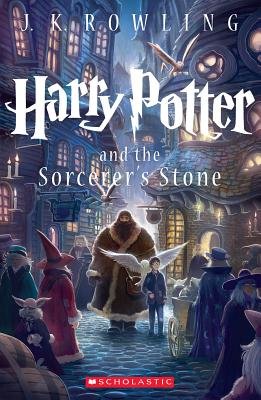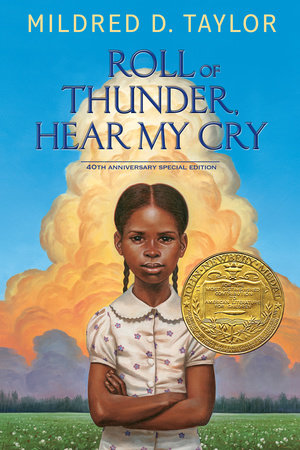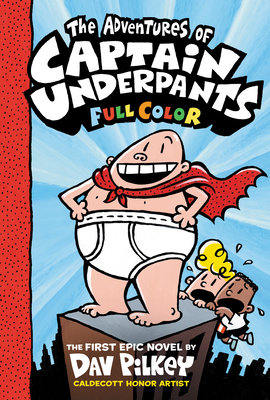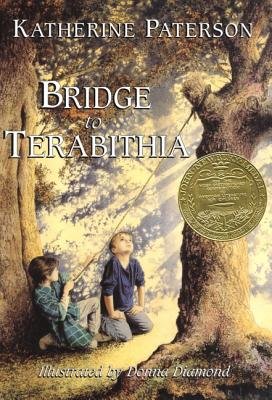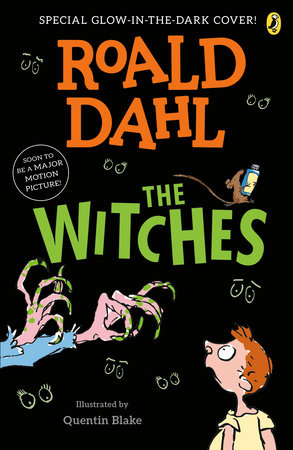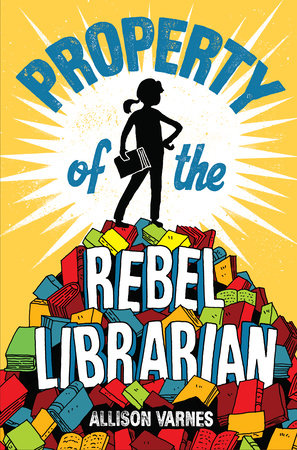Why Kids Need the Freedom To Choose the Books They Read
by Allison Varnes
Someone gave me a book for my tenth birthday because they knew how much I loved to read. I don’t remember what it was, nor do I even remember what it was about. What I do remember is that it wasn’t a novel I would have chosen for myself. It was the kind of book the adult thought I should be reading. I thanked them, of course, but I never read it.
If that scenario had played on autorepeat across my childhood and I hadn’t had access to books that I wanted to read, I would not be an author today (my debut, Property of the Rebel Librarian, is now on sale). I would not be a reader. I would not have a Ph.D. in education, and I would never have become a high school teacher. Let that sink in a second.
Now consider the restrictions that some well-meaning adults place on today’s kids in their quest to have them read “quality” novels. I can only assume that by “quality,” they primarily mean canonical literature written by old white men at least a century ago. There’s a place for the classics, but there’s also a place for modern works and fun. I often see graphic novels and books in series frowned upon for lacking this so-called “quality,” and it’s ridiculous. Kids love reading series about familiar characters. Adults do, too, and no one bats an eye when they pick up the next Jack Reacher, Jack Ryan, or Kinsey Millhone novel.
So why are children denied the same privilege on the basis that a book doesn’t meet a certain standard? It’s rubbish. A quality book is one that a child wants to read!
When kids have access to libraries and the freedom to self-select books, they develop their identities as readers. It’s part of an education that allows them to learn how to think, not what to think. But still, some adults want to tell them what to read.
This is wrong. Kids need to find themselves in books and to see representation in books that expands beyond their own lives. They need the freedom to choose whether they want to read books as windows, mirrors, roadmaps, or pure entertainment. Without that freedom, they might not read at all. I probably wouldn’t.
If we want to pass a love of reading to the next generation, we have to allow them to have joy when they read. This sometimes means reading books with fart jokes, books with wizards that defeat evil, graphic novels, series, and books that speak truths that resonate with kids. Unfortunately, these books are often challenged within schools and libraries.
We must support and defend the right to read! Banned Books Week gives us an opportunity to celebrate this right.
These are some of my favorite frequently challenged middle grade books:
-
Harry Potter and the Sorcerer’s Stone
Harry Potter came out when I was in college, and it was the book I’d been waiting for my whole life. The world-building is incredible (Bertie Botts Every Flavor Beans, anyone?), the characters left footprints on my heart, and when I read it, it transported me to Hogwarts. This was also the book that landed me in my principal’s office when I was a classroom teacher and prompted him to ask, “Are you teaching witchcraft?” I was forced to remove it from my syllabus. I’m still waiting for my owl.
-
Roll of Thunder, Hear My Cry
Available from:This book is a masterpiece. It makes me so angry I want to cry, then without warning, I do all the way to the end. I love the Logan family so much. Cassie is one of my favorite middle grade characters of all time because she doesn’t hesitate to call out wrongs.
Also available from: -
The Adventures of Captain Underpants
This book is just plain fun. As a kid who used to draw cartoons and scribble stories in class, I was instantly drawn to it. Plus, there’s a section that shows kids how to flip pages to create animation! I chuckled from beginning to end.
-
Bridge to Terabithia
As I read this one, I was transported back to the magic of make-believe from childhood. Then, when I was completely invested in the story of friendship, I was walloped in the heart with every beautiful word. Those characters meant so much to me, all I could do was sob. This book is important because although some gatekeepers would say otherwise, kids need access to sad books.
-
The Witches
Available from:The opening of this book had me from the moment I opened it decades ago. It sounded so real. A world where children smell like fresh dogs’ droppings and it’s up to a small boy to save them from the Grand High Witch? What’s not to love?
Also available from:
-
Buy the Book:

